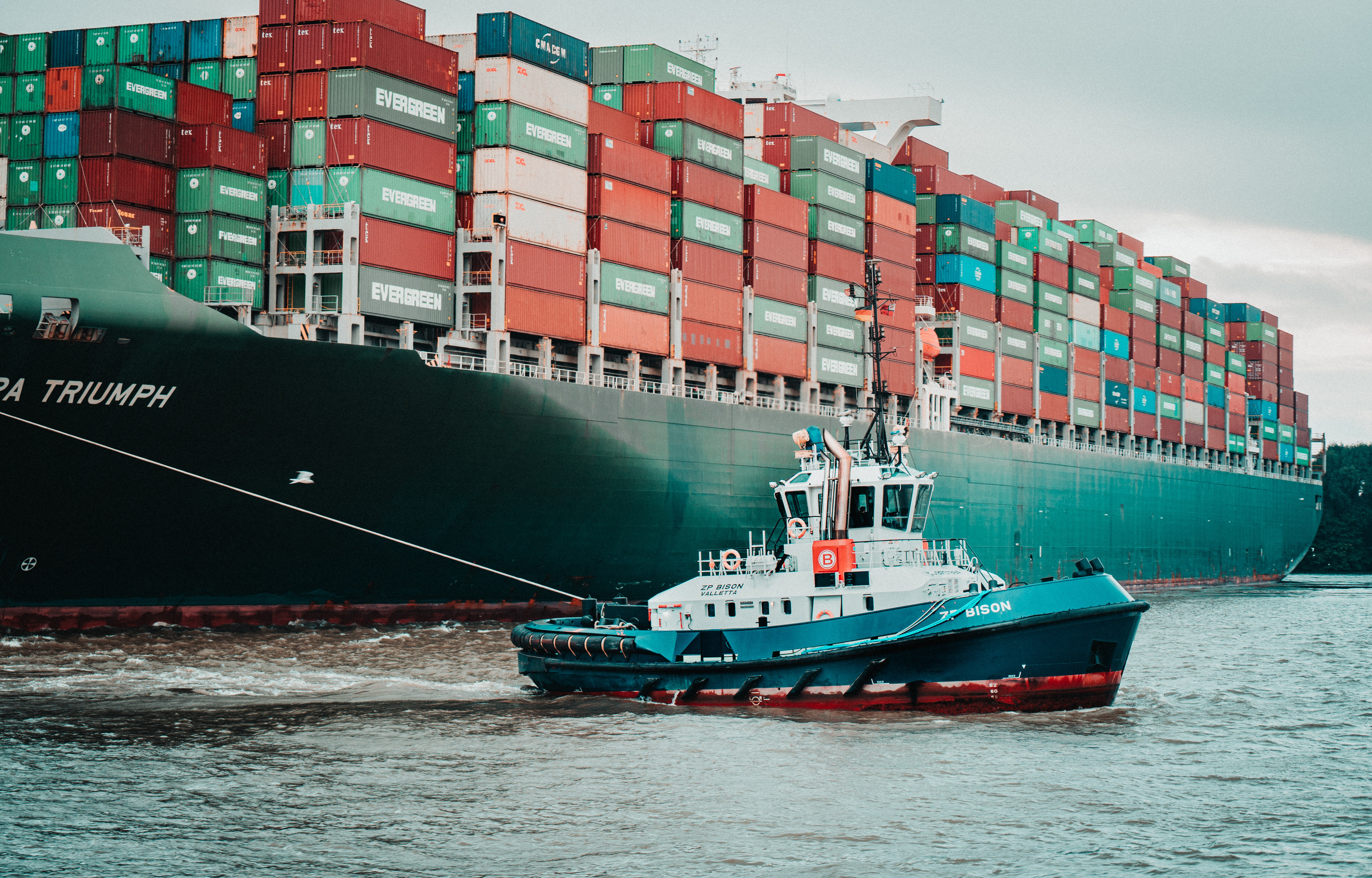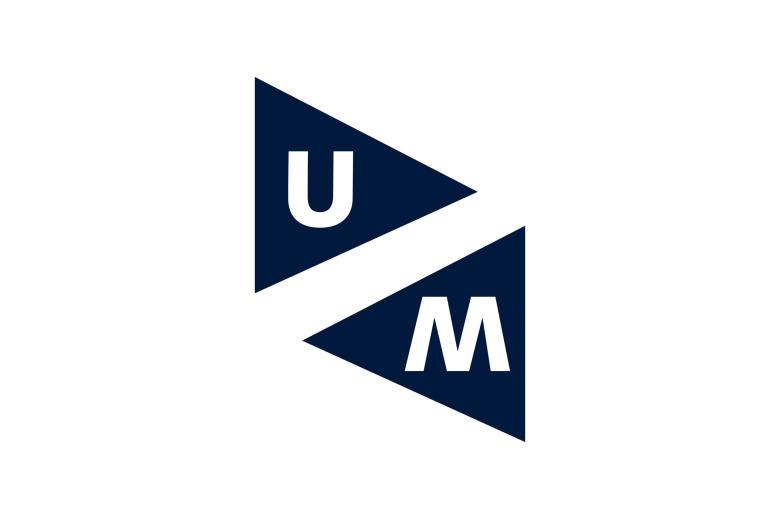Supply Chain Resilience as a Political Imperative
Like most other disciplines emanating from the need to educate a managerial class in business schools, supply chain management was predominantly deployed at a firm-focused analytical level. In the discipline’s context, resilience has typically been understood as a synonym for firms’ ability to continue, or quickly restore, operations following unexpected disruptions to their supply networks. To date, such a focus has been effective for identifying managerial levers that enable firms’ resilience not only to the occurrence of large-scale calamities, such as natural disasters, military conflicts, or industrial accidents, but also to the incidence of localized disturbances in the form of production machinery malfunctions, product design errors, or suppliers’ delivery failures. While many scholars have, nonetheless, arrived at a systems-level view of how disruptions propagate through interruptions in the flows of inputs, outputs, information, and cash within a network of interdependent firms, the dominant empirical and theoretical focus precluded the pursuit of research objectives able to inform policy-making requirements. The past 2.5 years, however, have made the need for evidence-based policy levers capable of supporting the resilience of systemic supply chains pressing.

The pandemic brought forth challenges that strained the intricate supply chains designed over the last 40 years in an unprecedented way. Demand patterns shifted abruptly, supply and logistical capacity dwindled through input shortages and infrastructure breakdowns, and whatever responsiveness was left of productive capabilities was curtailed by persistent and wide-scoping constraints on movement and work. Perhaps even more consequential, the system of international trade that facilitates the integration of global production networks was jolted by regulatory instability within and between jurisdictions. The mismatches between supply and demand affected and continue to threaten critical sectors, such as the healthcare and semiconductor industries, and the impending energy crisis will only increase the frequency and breadth of impact of supply chain disruptions. Amidst this turbulence, governments are suddenly called to speak on the health of media-spotlighted supply chains as “supply chain problems” becomes a sarcastic household excuse for missed deadlines. Supply chain resilience has emerged as a political imperative.
Since the end of 2020, most governments of powerful economies have issued major position documents on supply chain resilience, and multiple regional blocs have deployed concrete initiatives aimed at increasing it. Varying consumer crises in different areas of the globe continuously catch public attention and push political commentators to demand answers from authorities.
Auspiciously, the supply chain management research community has increasingly acknowledged the importance of generating scholarship that provides clear implications for the management of economy-wide challenges. Dedicated editorial sections of top disciplinary journals have been created for this purpose in the last few years. Likewise, a growing number of conference themes have begun to call for a broadening of perspectives in conceiving and analyzing the interrelatedness of contemporary supply chains for the provision of economically critical goods and services. More and more, scholars have begun to engage in studies with direct implications for tariff policies, consumer protection regulations, labor laws, and a variety of other areas. Supply chain resilience research, in particular, has also been developing a policy-making lens in response to demands for actionable insights on the prevention and mitigation of supply chain disruptions. These are research endeavors that can only benefit from cross-disciplinary fertilization, and MORSE, as a collaborative initiative with a concrete purpose, constitutes an invaluable platform for accelerating such efforts.
The insights emerging from resilience scholarship in supply chain management point to the value of interdisciplinary efforts in at least two areas, ones in which firm-focused disciplines can gain from interacting with disciplines more accustomed to the big picture. The first is in the domain of buffer creation and maintenance. Having just-in-case inventories prevents the interruption of supply chain flows, at least for a little while. While many countries already prominently hold national stockpiles of particular goods, such as oil or pharmaceuticals, to cope with disruption risks, we need to increase our understanding of what the state’s role is in orchestrating the design and preservation of buffers that eliminate or delay the impact of particular disruptions. The second is in the domain of operational flexibility. Having multipurpose production capacity enables economies to react to the interruption of supply chain flows, at least for selected inputs and outputs. While the pandemic provided many shining examples of organizations that were able to swiftly repurpose their operations into new products or services, we must shed more light on the state’s role in coordinating repurposing capabilities, to ensure agile collective responses to impactful supply chain disruptions.
In both domains, there is a distinct requirement for interdisciplinary collaborations that consider the state’s ability to secure a set of common resources in service of preventing and mitigating supply chain disruptions for its citizens. What raw materials, intermediate components, and finished goods should we stockpile for what emergencies? How can we maintain idle manufacturing and service capacity to deal with demand surges in (what?) critical sectors? What production technologies shall we conceive and subsidize to maximize responsiveness in dealing with the unexpected? What educational practices stimulate the existence of technically adaptable and creatively engaged personnel? The initial research efforts to tackle these and other relevant questions are bound to open up more inquiries and conundrums than identify straightforward answers and solutions. This is a journey we must, nevertheless, undertake together, and MORSE is a great vehicle for doing so.
Also read
-
Inaugural lecture Jan Willem van Prooijen
What drives people to embrace radical conspiracy theories, sometimes with far-reaching consequences for society? During his inaugural lecture on Friday 27 June, Prof. Dr. Jan Willem van Prooijen (radicalisation, extremism, and conspiracy thinking) will address this urgent question.

-
Update 25 June
Last night a UM building at the Bouillonstraat was daubed with paint and slogans. A sad expression of vandalism. UM has filed a report.

-
A night in Tehran: rose water, saffron and pistachio
Niloofar Tahmasebi Birgani, assistant professor at the MERLN research institute, was born in southern Iran. It was only when she moved to the Netherlands in 2010 for her PhD research that she began cooking for herself. Instead of recipes, she uses intuition and memory to bring her mother’s and...
